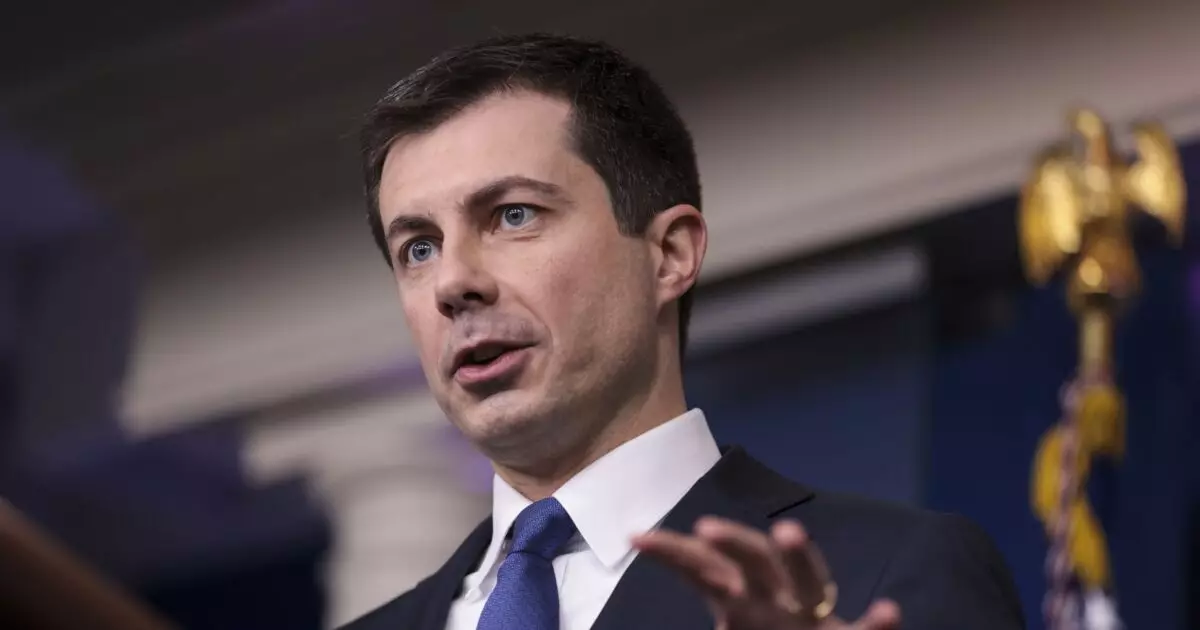On Friday, the Biden administration commemorated the third anniversary of the Infrastructure Investment and Jobs Act (IIJA) by unveiling an impressive $3.4 billion in new grants aimed at enhancing transportation infrastructure across the United States. At a press conference held by Transportation Secretary Pete Buttigieg, he emphasized the government’s unwavering commitment to utilizing the funds that Congress has allocated, stating, “Our responsibility is to make good use of the funds…throughout the last three years.” This sentiment rings particularly true as the Biden administration enters its final months, with an urgent push to maximize the impact of the funds available.
As the IIJA, a monumental $1.2 trillion legislative effort, transitions into its third year, approximately $570 billion have been invested in about 66,000 projects nationwide. However, the future of these initiatives remains uncertain, particularly with the impending shift in administration. Incoming President Donald Trump has indicated intentions to roll back certain provisions within the IIJA, notably affecting the ambitious $7.5 billion earmarked for establishing electric vehicle charging stations. Despite these concerns, much of the funding is structured as advance appropriations, presenting a formidable barrier for potential Republican efforts to dismantle these crucial programs. Funds from the IIJA are scheduled to expire on September 30, 2026, highlighting the urgency of current actions.
The press conference also featured notable bipartisan endorsements, including Kentucky Governor Andy Beshear, a Democrat, and Oklahoma City Mayor David Holt, a Republican. Both leaders lauded the transformative impacts of the IIJA and underscored the necessity of collaboration across party lines. Mayor Holt articulated an eagerness to partner with future administrations to ensure the sustainability of infrastructure projects, stating, “It’s been amazing to have this kind of opportunity and we know there’s more to come.” Such bipartisan support reflects a growing awareness of the importance of infrastructure investment, which transcends political affiliations.
Grant Allocations and Strategic Programs
The latest wave of grants will be distributed under various IIJA programs, targeting essential areas such as rail, road, and port infrastructure. Specifically, the infusion includes $1.5 billion directed towards 19 rail projects along the vital Northeast Corridor, while an additional $1.2 billion is allocated to 39 states emphasizing the use of sustainable building materials through the Inflation Reduction Act’s Low Carbon Transportation Materials Discretionary Grant Program. These allocations aim to not only improve existing infrastructure but also to foster environmental consciousness in construction practices.
With the third anniversary of the IIJA serving as both a celebration of achieved milestones and a catalyst for ongoing efforts, the Biden administration is poised to leverage the remaining months effectively. The emphasis on bipartisan cooperation and strategic funding placements signals a renewed commitment to enhancing American infrastructure. However, as the political landscape shifts, the future of such funding remains precarious. It is crucial for stakeholders across the spectrum to advocate for continued investment in infrastructure development, ensuring lasting benefits for communities nationwide. The upcoming months may be pivotal in determining the trajectory of infrastructure initiatives and their ability to respond to evolving national needs.

